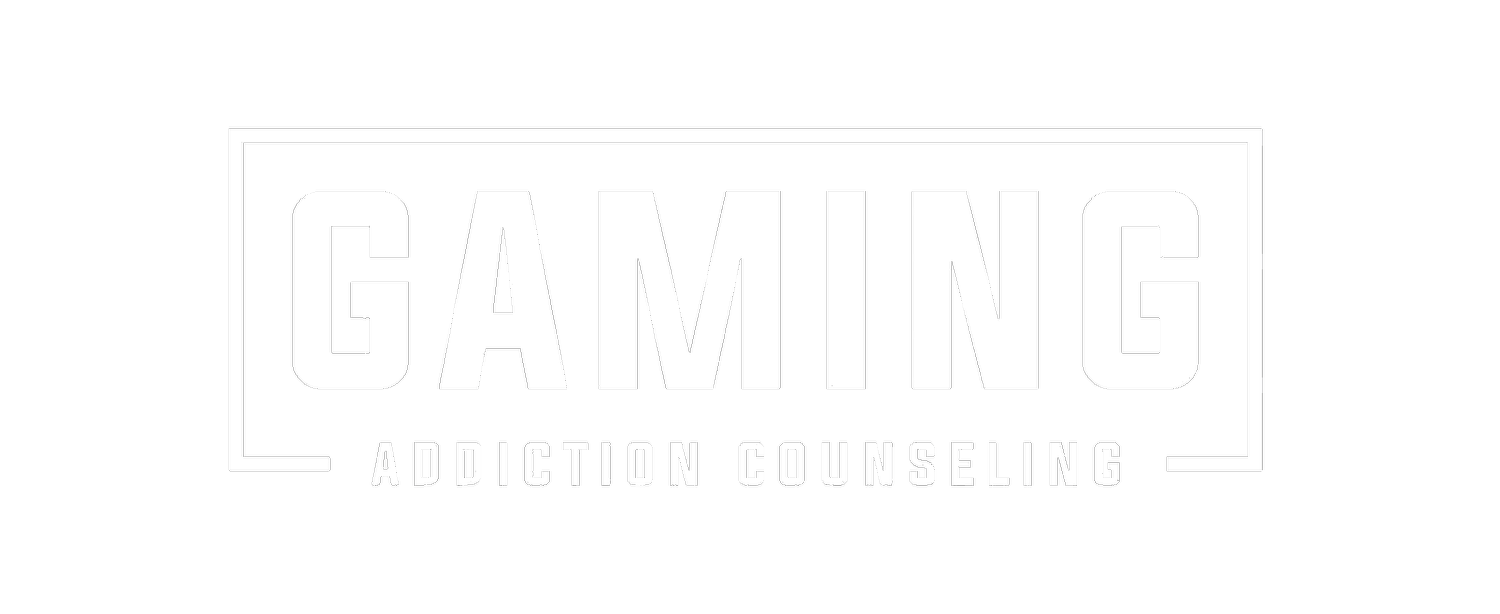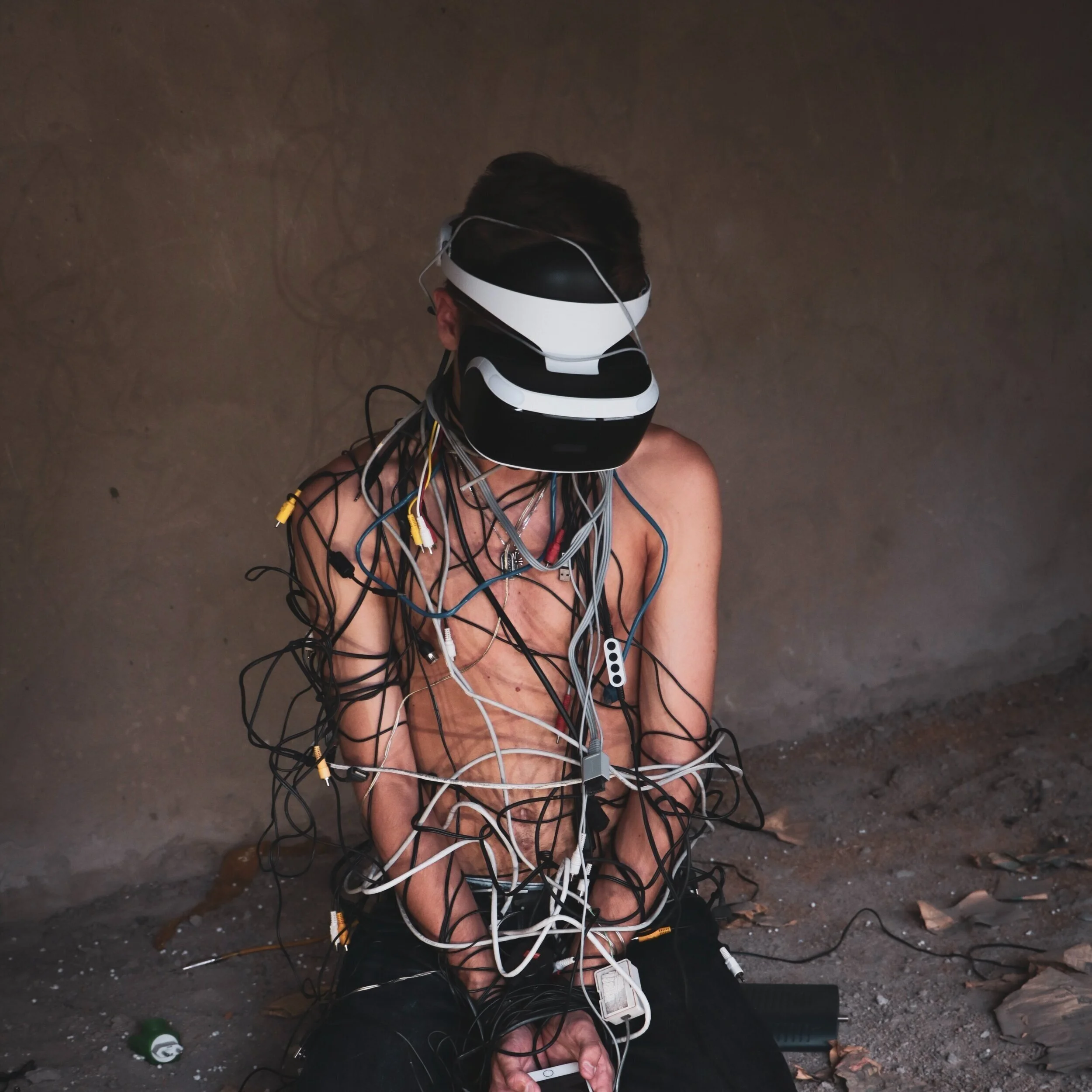Excessive Gaming: The Creativity Killer Pt.2 - Tapping Into the Imagination
Note: If you haven’t read through part 1, please do that before reading this. It’s a preamble to understanding where creativity is cutoff from the gamer.
The Barrier Between Fiction and Reality
One of the most common responses I hear when asking addicted gamers, “What keeps you playing video games?” is “What else would I do?...” Everyone reading this could easily resolve the problem with two words; ANYTHING ELSE! It turns out it is not that simple as the answer given by the addict doesn’t fully encapsulate the mentality behind it. The gaming addict knows they can do everything else besides gaming. The hurdle is the inability to imagine gaming being at a lower priority than any other activity.
Suppose an answer was given to the gamer, “Why don’t you go plant a garden/learn to fish/practice playing an instrument/create a website…” Nothing will ever be good enough. The stimulation, rewards, and instant gratification are absent. And, if it can distract, reward, and use up time like gaming, it’s not worth it. Nothing scratches the gaming itch. One of my clients recently talked about how gaming was part of his personality, giving himself permission to continue doing something that was stopping him from progressing in life. He had come to me for help reducing his gaming habits, and, in that moment, he had declared that gaming will always be part of his future. Fortunately, the next week, he had accomplished nothing except game, forcing him to realize that he had wasted potential. Identifying that gaming is an issue is difficult, but it hasn’t been the hardest part of the addiction. It is transitioning into taking meaningful, purposeful actions consistently over time. Where does the friction come into play between stopping and progressing with life?
The Emotional and Mental Reality of Gaming Addiction
1. Gaming as a responsibility – For those who have never gamed, it is difficult to describe the responsibility felt because there is nothing really like it. Imagine driving a car that was close to running out of gas. Out of the corner of your eye, you continuously notice the low gas gauge. In your mind, finding a gas station is the number one priority above everything else. The idea is constantly annoying you until you fill up the tank. This is what it feels like when gaming addicts aren’t gaming. It is difficult to get the mind off this one-way track, and to deafen the backing emotions shouting to get back into gaming.
2. Gaming as priority – Every action or activity is just a block to get back to gaming. Mowing the grass is just is viewed as “30 minutes until I can game again”. All roads just lead back to gaming. Many of the activities outside of gaming will have cut corners because of this. Dishes won’t really be washed, homework won’t fully be done, etc. because it is just getting in the way. Getting through the roadblocks to gaming is all part of “chasing the high”. It is exhilarating knowing there’s only half of the dishes left to cleaned before getting back in the gaming seat.
3. Gaming as the better option – This is the hardest of the points to explain. Even the gamer knows there are other experiences and activities that can be done instead of gaming, but nothing FEELS viable. It’s sad to say, but I know people who have chosen playing video games over having sex with their partners. A habit forms where the gaming device is the first thing the gaming addict reaches for. I reference this with my clients as gaming being “…their default behavior.” It’s not just the best option, it unconsciously becomes the first option when there is free time. Also, magically, free time becomes more and more when the addiction gets worse.
Opportunities of Understanding
There is not a specific set of actions someone can do right now that will change the mentality/emotionality that comes along with being addicted to video games. Rather, there are opportunities to be seized in small moments. Here are some personal examples that make up the opportunities to change.
- Honesty – Perspective on what is in control – During the early parts of my college career, I would stay up until 2am playing some old Playstation games on an emulator. One evening, I didn’t bother to look at the clock, and kept playing, telling myself I would go to bed soon. Eventually, my dad came in asking, “You’re still up?” I looked back at him. “…Cause I’m leaving for work…” It was 5:30 in the morning. It was the first time I realized how video games had taken over my life.
- Regret – Wasted time playing games – When I was around 14, my girlfriend at the time was about to celebrate her birthday. Instead, I decided to go to a computer café to game until the early morning hours and skipped her party. This is one of several action I regret that ultimately led to me wasting time playing games. These moments of regret really showed me how much I didn’t like gaming, and they were key in getting me from gaming in the future.
- Avoidance – This is the hardest to catch in the moment, but I noticed when I had strong urges to game, it was because I was avoiding responsibilities, or important aspects of my life. Usually it played the role in making sure leisure came first over adversity. I’ve come to appreciate adversity in my life as it engages my entire being to get through the hard experiences. I’ve tried flipping the script, but I still struggle with having the hard things come first in the day.
Taking note of these moments is crucial as it will tell you why gaming comes first and how its ruining your ability to be creative. Creativity is not an easy process. It’s time, effort, and patience; everything gaming takes away from you. Instead of planning a new way forward, you’ll be stuck grinding the same levels and matches that keep you exactly where you were at the beginning of your gaming session. Be more active in your actions, and don’t let gaming be your default behavior. You’ll end up regretting it.
The more you recognize these telltale signs, and heed them, the more you’ll want to tap into your creative side. You’ll want to find and create your own meaning, instead of wasting it in virtual reality. I call gaming addiction the Cyber Prison because it restrains your mind from opening up to possibilities never explored. They won’t feel cumbersome, but rather, inspiring. And there is nothing more attractive person than a person inspired.


